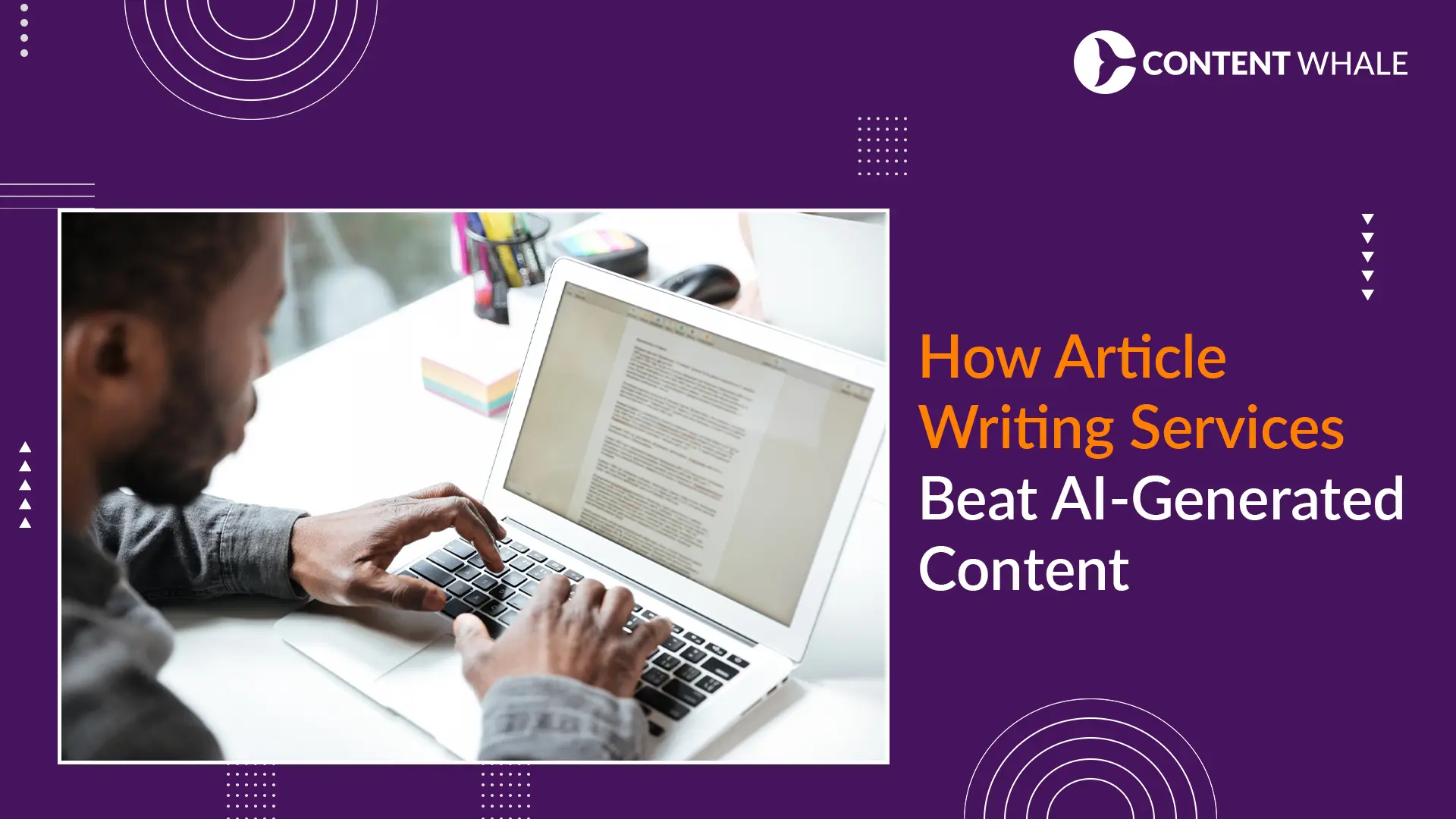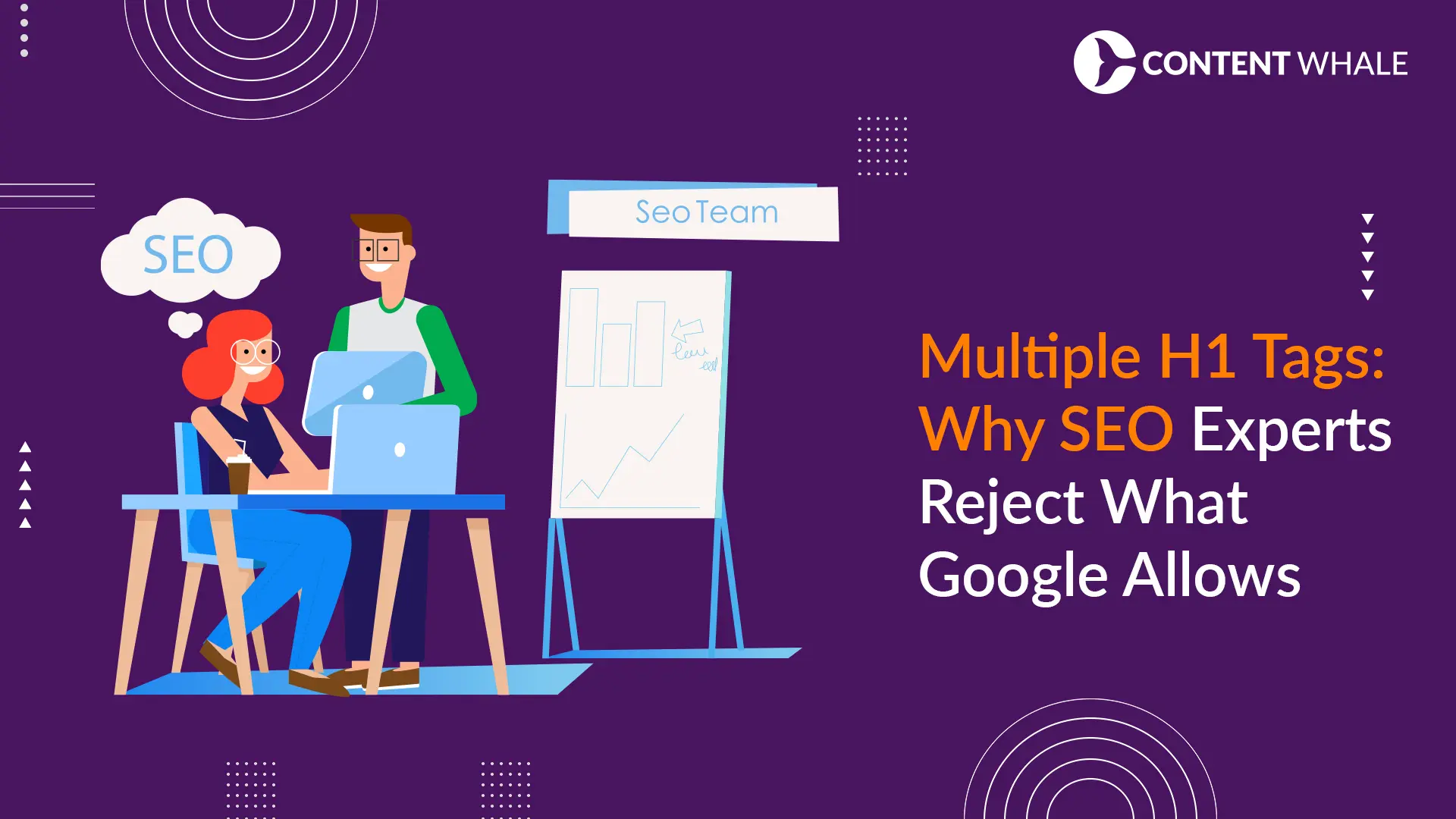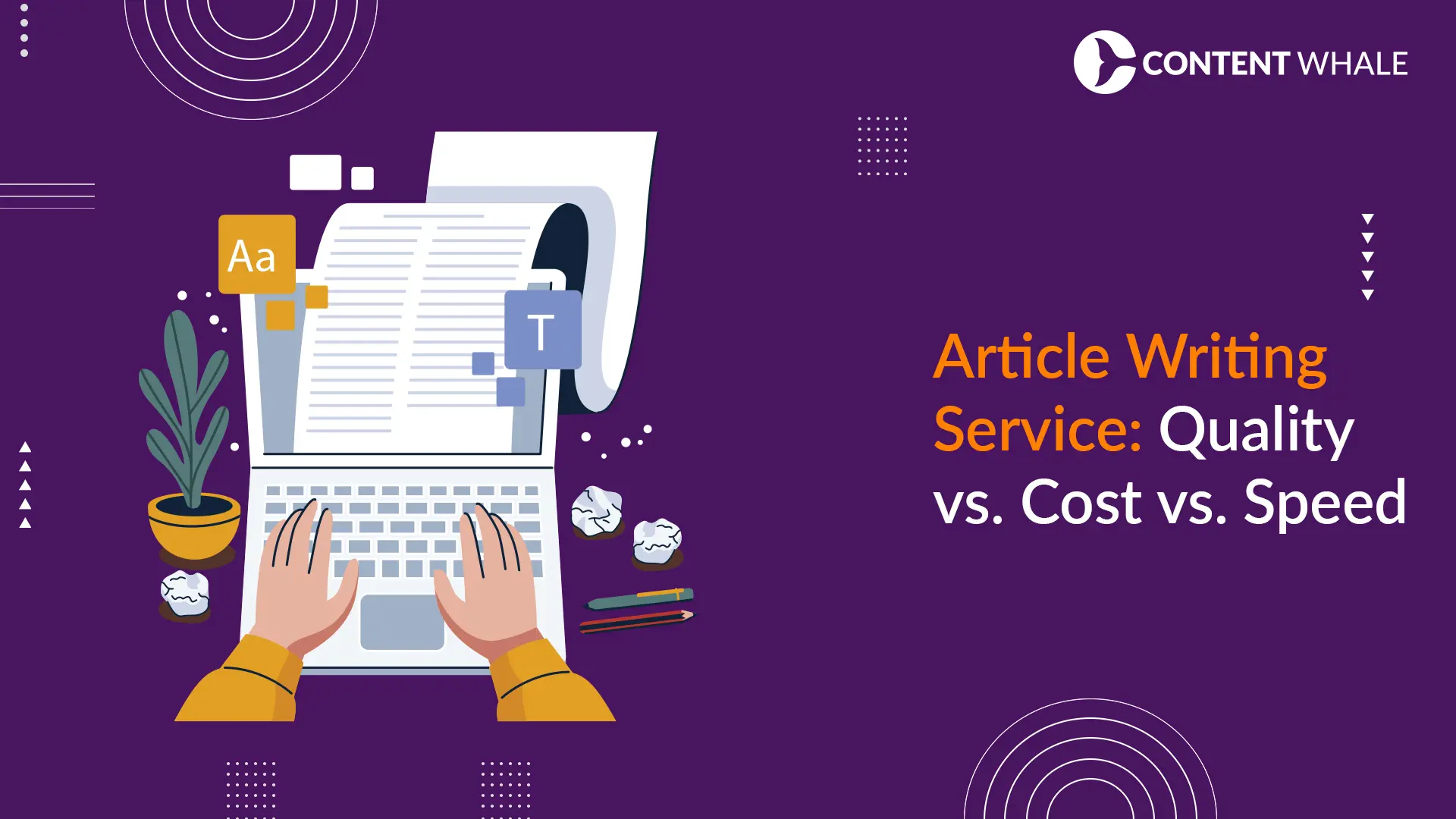OpenAI’s December ChatGPT update introduces age-gated adult content access, marking a pivotal shift in how AI platforms approach user segmentation and safety protocols. CEO Sam Altman announced in October 2025 that verified adult users would gain access to previously restricted content, including erotica, under the company’s “treat adult users like adults” framework.
This policy change arrives at a critical juncture for AI regulation. Whilst the US debates federal oversight, the UK’s Online Safety Act and EU’s AI Act create compliance pressures that influence global platform decisions. The ChatGPT update represents OpenAI’s attempt to balance commercial viability with regulatory demands, user autonomy with duty of care, and innovation speed with precautionary principles.
This analysis examines how OpenAI’s age verification strategy could establish industry precedents, the technical and ethical challenges of implementing tiered access systems, and implications for UK businesses deploying AI tools.
Age Verification as Industry Standard-Setting

Why OpenAI’s Approach Matters Beyond ChatGPT
The ChatGPT update extends beyond a single platform policy change. OpenAI’s market position means its safety standards influence competitor behaviour and regulatory expectations across the AI industry. When dominant platforms implement verification systems, they effectively establish baseline expectations for responsible AI deployment.
Current AI platforms operate with inconsistent safety frameworks:
- xAI’s Grok: Minimal content restrictions with limited verification requirements
- Anthropic’s Claude: Conservative content policies prioritising enterprise compliance
- Google’s Bard: Moderate restrictions with emphasis on brand safety
OpenAI’s age-gating approach attempts to occupy middle ground, offering content freedom for verified adults whilst maintaining safeguards for vulnerable users. Research from the Oxford Internet Institute on platform governance found that market leaders’ safety decisions create “compliance anchoring effects,” where regulators use dominant platforms’ standards as reference points for legislation.
The ChatGPT update could therefore influence how future AI regulation defines adequate safety measures, particularly regarding age verification and tiered access systems.
Regulatory Pressure Driving Platform Evolution
UK and EU regulations create compliance imperatives that shape AI platform development. The UK’s Online Safety Act exempts written erotica from age verification mandates but requires proof of age for pornographic images. This regulatory distinction forces platforms generating both text and visual content to implement nuanced verification systems.
The EU AI Act classifies systems posing risks to minors as high-risk AI, requiring extensive documentation, monitoring, and risk assessments. Research from the European Commission’s Joint Research Centre found that 78% of AI platforms modified content policies in anticipation of AI Act enforcement.
OpenAI’s December 2025 rollout timing suggests strategic alignment with regulatory timelines. By implementing age verification proactively, the company positions itself as a responsible actor ahead of potential mandatory requirements.
Technical Architecture of Tiered Access Systems

Verification Technologies and Implementation Challenges
Age verification systems employ multiple authentication methods, each with distinct accuracy profiles and user experience implications. The ChatGPT update will likely implement hybrid verification combining government ID scanning, facial recognition, and document authenticity checks.
Research from the Journal of Cybersecurity and Privacy Analysis documents verification accuracy rates:
- Government ID verification: 92-97% accuracy
- Credit card-based age estimation: 73-81% accuracy
- Biometric facial age estimation: 85-89% accuracy
Third-party providers including Yoti, Jumio, and Onfido offer API-based solutions that minimise platform liability whilst maintaining user privacy. These systems typically analyse document security features, perform liveness detection to prevent photo-based spoofing, and match facial biometrics to submitted identification.
The technical challenge lies in achieving high accuracy without creating friction that drives users to less-regulated competitors (Source).
Privacy Preservation in Age-Gating Systems
UK and EU privacy regulations require data minimisation and purpose limitation. Age verification systems must confirm eligibility without retaining excessive personal information. Modern verification architectures use zero-knowledge proofs, confirming age without storing identity documents or biometric data.
Carnegie Mellon University’s CyLab research on privacy-preserving verification found that decentralised identity systems reduce data breach risks by 67% compared to centralised storage models. These systems generate cryptographic attestations proving age without revealing underlying personal details.
The ChatGPT update’s success depends partly on OpenAI’s ability to implement verification that satisfies both regulatory requirements and user privacy expectations. GDPR and UK Data Protection Act compliance necessitates transparent data handling practices and robust security measures protecting verification information.
UK Regulatory Context and Compliance Requirements

Online Safety Act Implications for AI Platforms
The UK’s Online Safety Act creates specific obligations for platforms hosting user-generated content, though its application to AI-generated content remains partially undefined. Ofcom’s regulatory guidance clarifies that written adult content faces fewer restrictions than visual pornography, directly affecting how platforms like ChatGPT implement the update.
Research from the Information Commissioner’s Office on age verification compliance found that platforms operating in the UK must demonstrate “age-appropriate design” principles, ensuring that default settings protect children whilst allowing legitimate adult access (Source).
The ChatGPT update aligns with these principles by separating adult content behind verification gates rather than applying blanket restrictions. However, Ofcom retains authority to demand stronger safeguards if evidence emerges of inadequate protection. UK regulators increasingly favour outcomes-based regulation, holding platforms accountable for harm prevention rather than prescribing specific technical implementations.
Cross-Border Regulatory Fragmentation
AI platforms operating internationally face fragmented regulatory requirements. The ChatGPT update must simultaneously satisfy UK Online Safety Act provisions, EU AI Act requirements, and varying US state-level legislation. This regulatory complexity forces region-specific implementations that increase technical overhead.
Comparative policy research from Georgetown Law’s Institute for Technology Law & Policy documents significant variance in age verification mandates. Whilst seven US states require age verification for adult content, the UK and EU approach verification as part of broader safety frameworks rather than standalone mandates.
OpenAI’s phased December rollout likely reflects these jurisdictional differences. The company can implement stricter verification in high-regulation markets whilst maintaining lighter-touch approaches in permissive jurisdictions, optimising compliance costs against market access.
Psychological and Sociological Dimensions of AI Intimacy
Emerging Research on AI Companion Relationships
The Centre for Democracy and Technology’s October 2025 survey revealed that 20% of students report AI romantic relationships, highlighting rapid normalisation of human-AI emotional bonds. This phenomenon extends beyond adolescents, with adults increasingly forming parasocial attachments to conversational AI systems.
Research published in JMIR Mental Health tracked 2,400 AI companion users over 18 months, documenting correlations between intensive usage and measurable declines in real-world social engagement. The study found that users spending more than 10 hours weekly with AI companions showed 34% higher rates of loneliness and 28% increased social anxiety compared to control groups (Source).
The ChatGPT update raises questions about platforms’ duty of care when enabling intimate AI interactions. Whilst OpenAI claims to have developed tools mitigating mental health risks, the company has not published validation studies demonstrating effectiveness of these safeguards.
Ethical Questions Around Consent and Agency
Adult AI chatbot interactions involve fundamentally asymmetric relationships. Users engage with systems designed to respond to preferences, creating illusions of reciprocity despite AI’s lack of genuine agency or emotional stakes. Stanford University’s Human-Computer Interaction Group research documents how users attribute human qualities to AI despite intellectual understanding of artificial nature.
Philosophical questions emerge about whether AI-generated intimacy represents healthy expression or maladaptive substitution for human connection. The rapid commercialisation of AI intimacy through updates like ChatGPT’s December changes outpaces academic research on long-term psychological and sociological impacts.
UK bioethicists increasingly argue that platforms deploying intimacy-enabling features should fund independent research on potential harms, similar to pharmaceutical industry requirements for safety studies before market release.
Enterprise Risk Management and ChatGPT Deployment

Organisational Policy Considerations
UK businesses deploying ChatGPT face new governance challenges following the update. Organisations must assess whether adult content features create workplace risks, even when behind verification gates. Employment tribunal cases increasingly involve inappropriate technology usage, creating precedents around employer liability for accessible content.
Research from Forrester’s 2025 Enterprise AI Adoption Report found that 73% of organisations cite inappropriate content generation as a primary concern when evaluating generative AI platforms. The ChatGPT update complicates procurement decisions, particularly for risk-averse sectors including financial services, healthcare, and education.
IT departments require administrative controls disabling adult content features for organisational accounts, ensuring compliance with acceptable use policies.
Reputational and Legal Exposure
The Equality Act 2010 creates employer obligations to prevent workplace harassment, including through accessible technology. If employees can access adult AI chatbot content via company accounts, organisations face potential liability for creating hostile environments.
Educational institutions confront similar challenges. Universities deploying ChatGPT for student support must navigate age verification complexity when user populations include both minors and adults. The Berkeley Centre for Law & Technology recommends explicit acceptable use policies addressing AI-generated adult content, clearly defining permitted usage and consequences for violations (Source).
Market Competition and Strategic Positioning

Differentiation Through Safety Standards
The ChatGPT update positions OpenAI between xAI’s permissive approach and Anthropic’s conservative stance. This middle positioning attempts to capture both consumer users seeking content freedom and enterprise clients requiring demonstrable safety measures.
Gartner’s AI Vendor Selection Survey 2025 found that 67% of enterprise decision-makers consider content moderation policies “very important” in procurement decisions. OpenAI’s age-verification approach allows the company to market both consumer appeal and enterprise responsibility, potentially expanding addressable market segments.
Revenue Imperatives and Monetisation Strategy
OpenAI operates with growing revenue but persistent unprofitability, creating pressure for sustainable monetisation. Adult content features historically drive premium subscription conversion across digital platforms, with lifetime value increases of 40-60% documented in comparable services.
The Technology Policy Institute found that 34% of AI platform users cite content restrictions as primary switching motivations. By relaxing restrictions for verified adults, the ChatGPT update directly addresses churn risks whilst attempting to maintain safety credibility through age-gating systems.
Conclusion
The ChatGPT update scheduled for December establishes a potential template for how AI platforms balance competing demands: user autonomy against vulnerability protection, commercial viability against duty of care, and innovation against regulation. OpenAI’s age verification approach could influence industry standards and regulatory expectations, particularly as UK and EU frameworks mature.
Three critical questions remain unresolved: whether verification systems adequately protect minors, whether adult content features create net psychological harms, and whether voluntary platform measures suffice or mandatory regulation becomes necessary. The update’s implementation will provide empirical evidence informing these ongoing debates.
FAQs
Q1: When does the ChatGPT update with adult content features launch?
OpenAI plans to roll out adult content features, including erotica for verified users, throughout December 2025. The implementation will be phased across different regions, with UK users likely receiving access following EU AI Act and Online Safety Act compliance verification.
Q2: How will ChatGPT verify user age for adult content access?
OpenAI has not specified exact verification methods, but industry standards include government ID scanning, biometric facial recognition, and document authenticity checks. Third-party providers like Yoti and Jumio typically handle verification, confirming users are 18 or older without storing personal documents long-term.
Q3: Does the ChatGPT update comply with UK Online Safety Act requirements?
The UK’s Online Safety Act exempts written erotica from mandatory age verification whilst requiring proof of age for pornographic images. OpenAI’s age-gating approach likely satisfies current UK regulatory requirements, though Ofcom retains authority to demand stronger safeguards if evidence emerges of inadequate child protection.
Q4: Will UK businesses need to disable adult content features for workplace ChatGPT accounts?
Enterprise and educational organisations should review organisational policies regarding adult AI chatbot content. OpenAI will likely provide administrative controls allowing IT departments to disable adult content features across all users within organisational accounts, ensuring compliance with workplace acceptable use policies and Equality Act obligations.
Q5: Can minors bypass ChatGPT’s age verification systems?
Security research documents common circumvention methods including VPN usage, false document submission, and account sharing. Commercial age verification systems typically achieve 92-97% accuracy, meaning some minors may access restricted content despite safeguards. No verification system provides absolute protection against determined circumvention attempts.
Q6: What adult content will ChatGPT allow after the December 2025 update?
ChatGPT will permit written erotica and potentially other adult-oriented content for verified adult users. The exact scope remains undefined publicly, but OpenAI has indicated a shift towards treating adult users with fewer content restrictions compared to previous policies applying uniform limitations across all user demographics.
Q7: Why is OpenAI introducing adult content to ChatGPT now?
OpenAI cites a “treat adult users like adults” principle, arguing that previous restrictive policies limited platform usefulness for users without mental health vulnerabilities. Business factors include revenue pressure, market competition from less restrictive platforms like xAI’s Grok, and user retention concerns documented in industry research.
Q8: What are the mental health concerns regarding AI companion relationships?
Research indicates correlations between intensive AI companion usage and increased loneliness, social anxiety, and diminished real-world relationship maintenance, particularly amongst adolescents. Twenty percent of students report AI romantic relationships, raising concerns about parasocial attachments and long-term psychological impacts requiring further longitudinal study and independent research funding.





